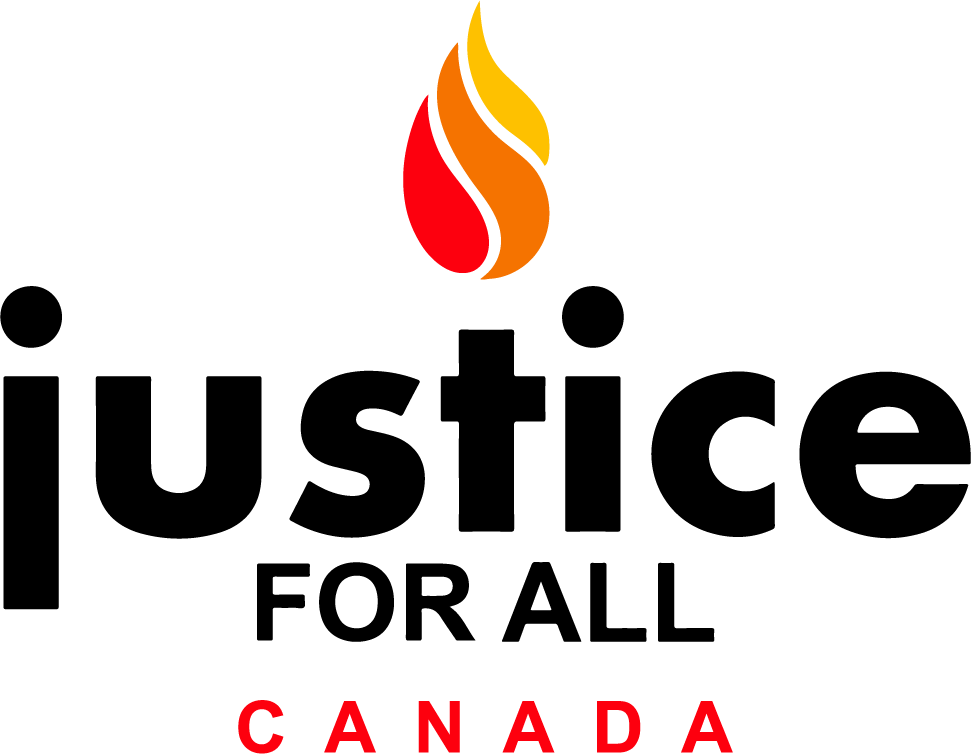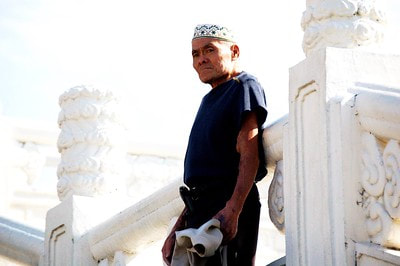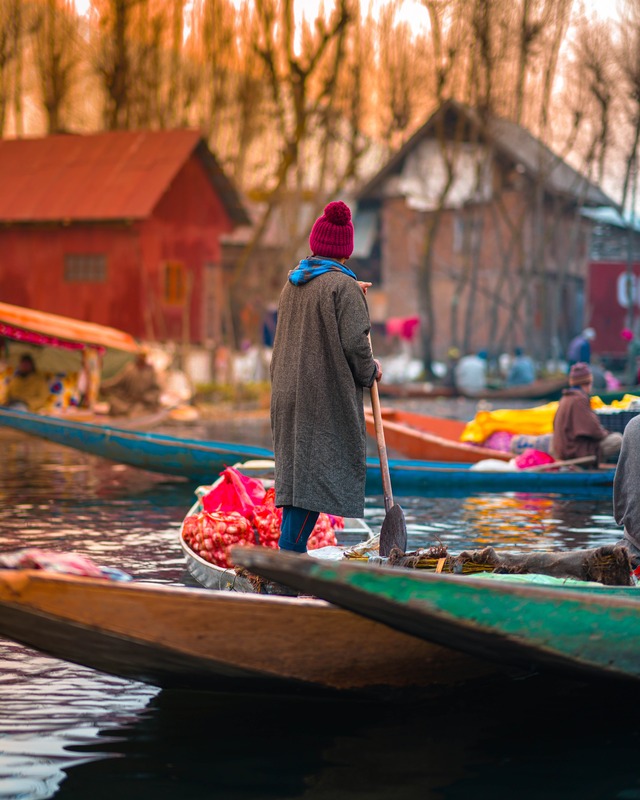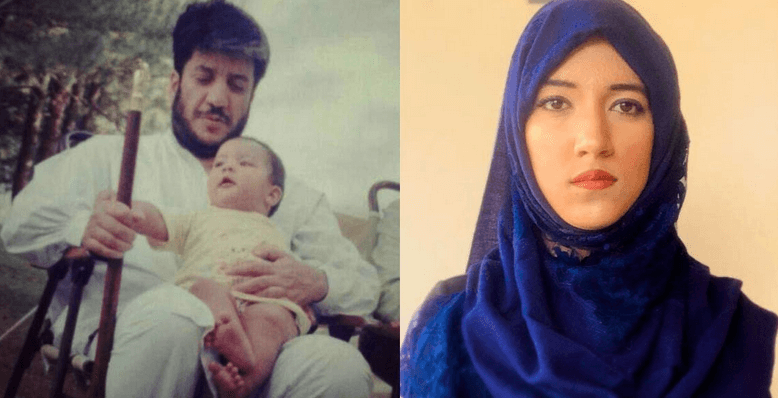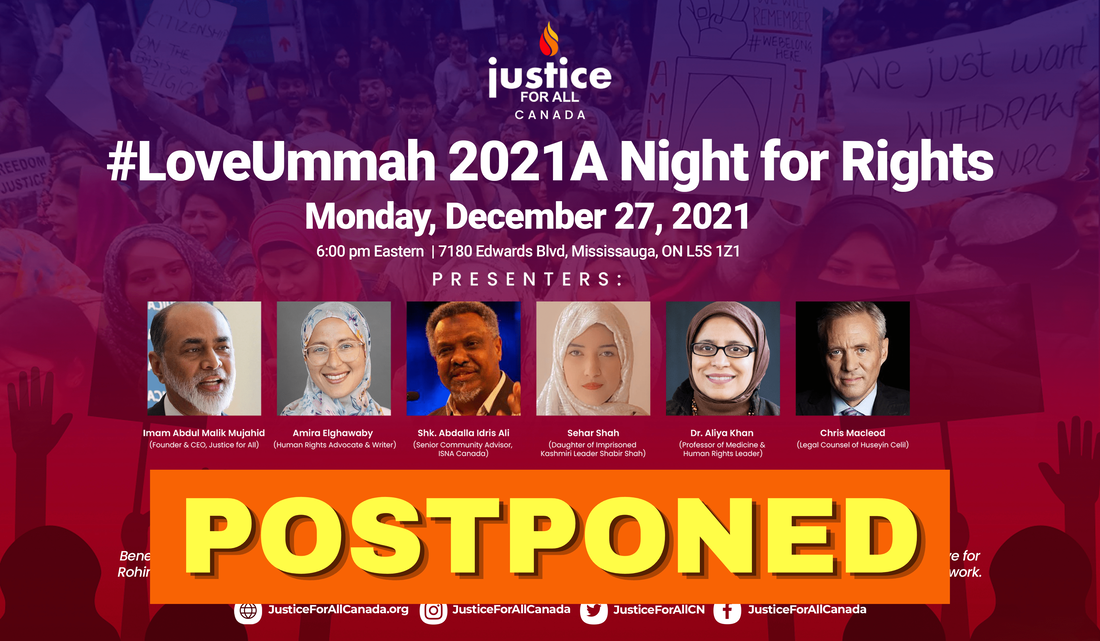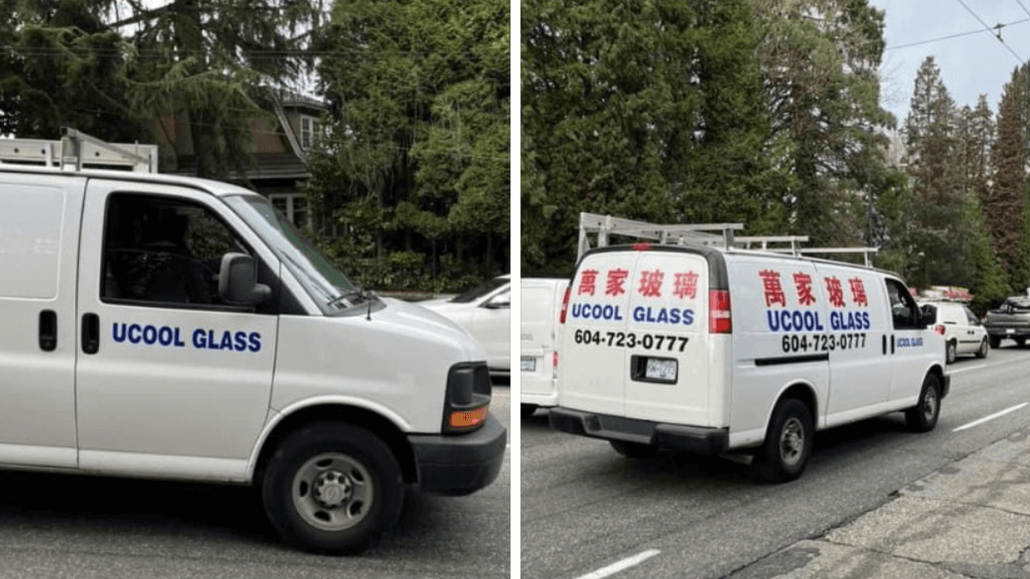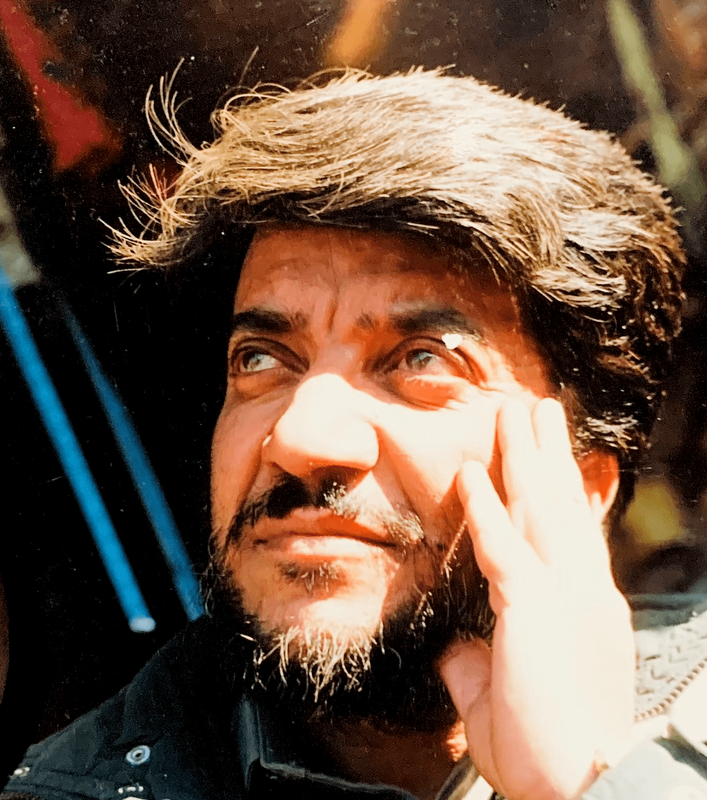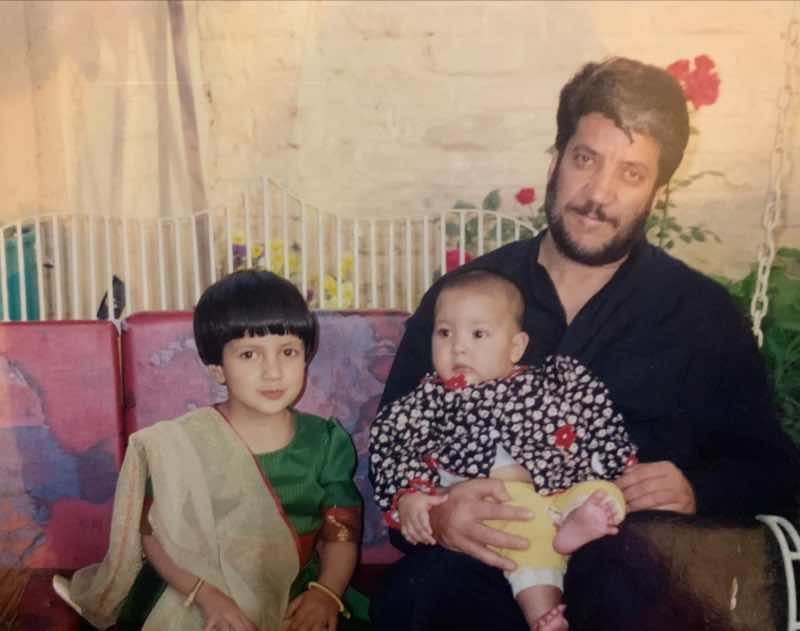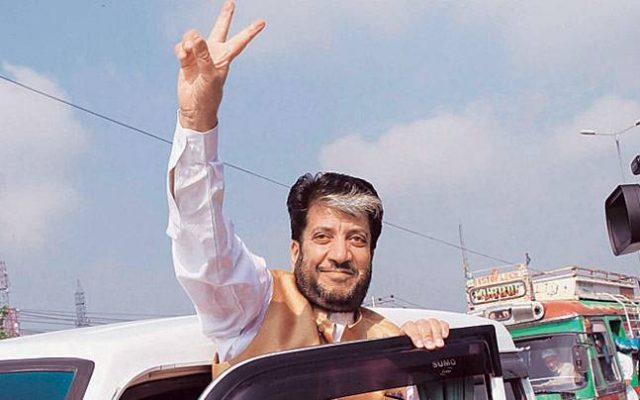|
Reposted with permission from The Platform Project. Access the original article here.
Imagine that you are being separated from your family, loved ones who you will probably never see again. That your house is on lock down and you are being beaten and forced into prisons. Assume that you are being deprived of your organs unwillingly. Your identity and culture are being erased; you are being erased. This scenario feels barbaric to most of us, but this is the reality for most Muslims living in China. The Uyghurs are a minority Turkic ethnic group native to the Xinjiang Uyghur Autonomous Region in China. Historically, Xinjiang has been under the control of various dynasties including the Mongol Empire. It came under Chinese rule as a result of the expansion of the Qing Dynasty. In 1912, the Qing dynasty was replaced by the Republic of China. From the 1950s to the 1970s, the Chinese government funded a mass migration of Han Chinese people into the region, with goal of eradicating the Uyghur identity and culture. Infuriated Uyghurs saw this as a threat to their culture and identity which resulted in riots in Xinjiang. From then on, the situation has been deteriorated for Uyghurs and Xinjiang has become one of the most heavily policed regions of the world. On 13 August 2018, at a UN meeting in Geneva, the delegation from China informed the United Nations Human Rights Committee that “There is no such thing as re-education centers in Xinjiang and it is completely untrue that China put 1 million Uyghurs into re-education camps“. The Chinese government has always denied the existence of these camps, until October 2018, when it officially legalized them. This is just a glimpse into the deceptiveness of the Chinese government, through the use of state sponsored propaganda the Chinese government has labelled these camps as “Re-education camps”, but the reality is far from it. These camps are in fact prisons. In December 2018, the magazine Bitter Winter released three videos it claimed had been shot inside camps in the Yining area. The videos show jail-like features which the magazine claimed proved that the camps are detention facilities rather than ‘Schools’. Since 2016, it is estimated that over a million Uyghurs have been detained in the Xinjiang detention camps. The camps operate outside the legal system with many Uyghurs being imprisoned, without a trial and without any charges laid against them. According to a Report by Adrian Zenz a German scholar, China is forcing sterilization and contraceptive devices on women in Xinjiang in an apparent attempt to limit the Muslim population of the Uyghurs. Mr. Zenz’s report states that women who had fewer than the two legally permitted children were involuntarily fitted with intra-uterine devices (IUDs), while others were coerced into receiving sterilization surgeries. Natural population growth in Xinjiang has declined dramatically in recent years, with growth rates falling by 84% in the two largest Uighur prefectures between 2015 and 2018 and declining further in 2019. The Chinese government is also accused of murdering Uyghurs and members of Falun Gong religious group in order to forcefully harvest their organs. Hamid Sabi, Counsel to the China Tribunal, presented evidence from the tribunal’s final report, which was published in June 2019. The people were “cut open while still alive for their kidneys, livers, hearts, lungs, cornea, and skin to be removed and turned into commodities for sale,” the report said. Sabi concluded by saying that it is the duty of international bodies like the UN to investigate the tribunal’s findings “not only regarding the possible charge of genocide but also in regard to crimes against humanity.” Muslim women whose husbands have been detained in Chinese internment camps are reportedly being forced to share beds with male government officials assigned to monitor them in their homes. Human Rights Watch previously stated that Uyghur families are given no option to refuse these visits, which it said were an example of “deeply invasive forced assimilation practices” that “not only violate basic rights but are also likely to foster and deepen resentment in the region”. This detention of adult Uyghurs has allegedly left many children without their parents. These children are sent to ‘boarding schools’ where they are forced to learn Mandarin Chinese and prohibited from exercising their religion. These trauma inflicted children are taken without parental consent and allegedly brainwashed to loathe and detest their parents and their culture. Mihrigul Tursun, a Uyghur woman detained in China, was separated from her infant triplets. She later came to know the heartbreaking news that one of her triplets had died and the other two had developed health problems. There are no limits to China’s oppression of its Muslim population. China’s list of atrocities against the Uyghurs includes forced consumption of alcohol and pork, destruction of more than 100 Muslim cemeteries, demolishment of mosques across China, forced movement of Uyghur Muslims into labor factories. In order to answer the plight of the Uyghurs, we need to take a few concrete steps. The first step is to impose sanctions against those personally responsible for the repression of Uyghur Muslims. U.S President Donald Trump signed an executive order on June 17th, 2020, that condemns the Chinese Communist Party for the detention centers and, recommends a tougher response to the human rights abuses suffered by Uyghurs Muslims. Under this policy, Chinese officials who are responsible for the governance of these camps would be subject to sanctions which include asset blocking and visa revocation. We, as citizens of Canada, should request Canadian Prime Minister Justin Trudeau to impose similar sanctions. Secondly, boycott Beijing’s Winter Olympics 2020 and its sponsors. No one today would openly endorse holding the Games in a state holding millions in concentration camps, but this is precisely what is happening at the moment. A coordinated international boycott would make the 2022 Olympics an embarrassing flop for Beijing. Concerned members of the public should apply pressure on their national Olympic committees, politicians, and corporate Olympics sponsors. These intermediaries should, in turn, remind the International Olympic Committee that the PRC state’s policies in Xinjiang are a violation of multiple clauses of the Olympic Charter. Canada should not be part of the Belt and Road Initiative (BRI), which aims to link Beijing with some 70 other countries around the world. This is one of the main reasons behind the crackdown in Xinjiang as the province of Xinjiang is home to numerous projects along the Silk Road portion of the BRI. Monetary donations will help in alleviating some of the hardships so many Uyghur families are going through. Islamic Circle of North America (ICNA) situated in Canada is doing an amazing job of serving the Uyghur community in Turkey through sponsoring orphans, widow support, student scholarships, and trying to bring Uyghur families to Canada. You can donate at the link below and help us fight the good fight. Thank you! They submitted 2000 pieces of evidence of torture, rape, kidnappings, and killings of human rights defenders, journalists, and activists. By Tazeen Hasan
On January 14, 2022, a news piece on the Al-Jazeera website caught my attention. It was about prosecuting a Syrian army General in Germany for war crimes committed in Syria. According to the news, prosecutors in Germany indicted Raslan, a Syrian officer using "universal jurisdiction”. The news said that universal jurisdiction is a legal principle stipulating that standard territorial restraints on prosecutions do not apply in the case of crimes against humanity and genocide. The general defected from the Syrian army within one year of the beginning of the rebellion in 2021 (the Syrian uprising began in 2011), left Syria, and later got asylum in Germany. While sharing the news with my colleagues at Justice For All, my comments on the report were: “This can be a precedence for trying cases against Indian army and government officials outside Indian jurisdiction.” I further wrote in comments: “While they prosecuted and convicted a defected officer from the Syrian army, they are ignoring Indian army officers in Kashmir who are involved in worst human rights violations. For example, torture, extrajudicial killings, rapes, arbitrary detentions, and indiscriminate use of force against Kashmiri civilians for 30 years. At least they can refuse visas to officers and soldiers stationed in Kashmir to stop this genocide and persecution.” Ironically, Germany used this universal jurisdiction principle to prosecute a Syrian general who had defected from the Syrian army. Still, Germany and other European countries have consistently ignored grave human rights violations in Kashmir, a disputed territory recognized by several United Nations resolutions. Little did I know at the moment that activists in London were working on this idea. It is a pleasant surprise that within five days, i.e., on January 19, 2022, a London-based law firm initiated the process of 'universal jurisdiction' to prosecute Indian Home Minister Amit Shah and an Indian army chief who are directly responsible for human rights violations in Kashmir. The law firm applied together with British police to arrest India's army chief, and a senior Indian government official, over their alleged roles in war crimes in the disputed Himalayan region. The alleged war crimes include torture, kidnapping, killing activists, journalists, and civilians. The law firm submitted the testimonies with extensive evidence to the Metropolitan Police's War Crimes Unit. According to a report by Ankara-based TRT news, 'Law firm Stoke White submitted evidence including 2,000 testimonies (taken between 2020 and 2021) to UK police documenting how troops led by General MM Naravane and Home Minister Amit Shah were directly involved in alleged war crimes and torture in the disputed region.' The report further reads, “Hakan Camuz, Director of international law at Stoke White, says he hopes the report would convince British police to open an investigation and ultimately arrest the officials when they set foot in the UK.” The request to London police was made under the principle of "universal jurisdiction," which gives countries the authority to prosecute individuals accused of crimes against humanity committed anywhere in the world. Today's development is that UK police have appointed an investigator and Metropolitan Police detectives on whether to review the allegations of war crimes. “Detectives in London received a referral “concerning allegations of Core International Crimes”, a Scotland Yard spokesperson confirmed to ITV News, adding “a decision will be taken whether to open an investigation”. I highly recommend that we follow the same model initiated in Germany and followed by UK human rights defenders in the US and Canada. We have enough evidence regarding human rights violations in Kashmir. On behalf of Justice For All, I appreciate Hakan Camus and the staff of Stoke White law firm for initiating this process and taking action against the Indian state’s aggression in Kashmir. Tazeen Hasan is a Campaign Manager and writer at Justice For All Canada. She is co-author of two books published in Canada. Her focus is International human rights law and International humanitarian law.
Written by Tazeen Hasan, a Campaigns Manager of Free Kashmir and #FreeShabirShah, both advocacy projects of Justice For All Canada
This is Imam Omar Sulieman's speech at the Russell Tribunal in Bosnia, taking place in December 2021.
The most influential speeches in history are coincidentally short, comprehensive and compelling. Martin Luther King Junior's 'I have a dream', Nelson Madella's 'I am the first accused', and Ibraham Lincoln's Gettysburg address, all have these distinct qualities.
Imam Omar Sulieman's seven-minute speech at the Russell Tribunal comprises the same attributes. I found his speech succinct yet stimulating and compendious at the same time. Containing all Arostatalian elements of ethos, pathos and logos, Sulieman began his speech with an English translation of his mother's poetry about Bosnia. 'A soul in Saraivo is as precious as a soul in Jenin' He pointed out a few but profoundly important points: While talking about the Kashmir conflict he identifies that our present narratives about history are distorted and often based on body counts and political calculations. The Kashmir conflict should be analyzed keeping in view its historical context focusing on the Kashmiri people. Suleiman emphasizes that we should not be selective while raising our voices against human rights violations. Kashmir is as important as Palestine. He rightly pointed out that it is an irony that India is referred to as the “world's largest democracy”, and Israel is considered “the only democracy” in the Middle East, despite their repression and illegal occupations. Making clear the notion of genocide he said, “genocide is manifested not just through mass killings but heavy milititirization, legislations, censorship to block news locally, surveillance abroad”. I believe he used his seven minutes judicially, delivering the message needed to teach our Ummah (community) how to frame the Kashmir issue in the right context. May Allah reward his efforts and free Kashmiris from Indian aggression. "I just landed at Delhi airport, but they won't let me meet my father, '' said Sehar Shah, the daughter of imprisoned Kashmiri leader Shabir Ahmed Shah.
It was 2 AM in Canada. I had just gotten into bed after finishing a couple of work assignments when I noticed Sehar Shah’s voice messages on Whatsapp. I put on my earphones from the bedside drawers and listened. “I can't visit my father alone in jail." I could feel tears rolling down her face. "They say only one person can visit him inside the jail. And that too only once a month. Where would my mom leave me? Delhi is not a safe place," Sehar was definitely emotional. "It is very disappointing." Months ago, Sehar told me that the kind of treatment she receives from the jail guards aggravates her depression. She was already using heavy doses of antidepressants at that time. In last night's voice messages over WhatsApp, she tells me she takes 11 pills per day. Sehar says that the jail authorities restricted the family visits to one visit per month. The family can't travel every month. "It's very tough both financially and physically," she says. According to Sehar, the Indian Court has just begun discussing her father's case after about four and a half years of pretrial custody. The court case was held on December 10th and December 13th, 2021. While the details are yet to arrive, the next hearing is scheduled for December 21, 2021. Bilquis Shah, a medical doctor and Shabir Shah’s wife, has also been indicted under the same “money laundering” charges for a crime allegedly committed 16 years ago in 2005. Her court hearing coincided with her husband's hearing, so she had to travel to Delhi along with her daughter Sehar, an undergraduate political science student in Srinagar. Sehar last met her father on October 29th, 2021, when she travelled 700 km from Srinagar with her mother. She could only see her father across a blurred and small window and could talk over a microphone for a short time. The family was appalled to see that Shah could not walk independently. Three men were holding and supporting her father. Shah was already suffering from diabetes, kidney and heart ailments, arthritis, and sudden loss of conscience. "He looked pale; three men were holding him for support, and he was even holding a stick in his hand, which he had never used before." Given the crowded conditions in Tihar jail (where Shah is kept), we can't rule out the possibility of a COVID-19 infection ailing him, which could be fatal. In May 2021, senior Kashmiri political leader Ashraf Sehrai, 78, died in Jail, probably due to a COVID-19 infection. It is not clear to the family why Shah could not stand or walk independently. Torture and inhumane conditions are rampant in Indian jails. Kashmiri prisoners are more vulnerable to inhumane conditions because they are considered terrorists and separatists, according to a 2018-UN OHCHR report published on human rights violations in Kashmir. Her father, detained for 34 non-consecutive years, never got convicted by any court. He was arrested for the first time in 1968 at the age of 14 for organizing a protest supporting Kashmiris' right to self-determination. Amnesty International declared him a prisoner of conscience in 1992. The family and Shah's lawyer in Kashmir confirms that he was never convicted of previous detentions in the past 30 years. Currently, he is facing 5th year of pretrial detention. His bail request has been refused multiple times during this period. Shah's advocate told us that he was already on house arrest when they arrested Shah in July 2017. Given Shah's previous arbitrary arrests resulting in 30 years of imprisonment, it's highly plausible that his detainment is once again for political reasons. Sehar tells us her father's life is more important than his release; she requests her father to be released on bail. She also demands access to his medical records so that the family can seek an independent evaluation of his medical conditions. Unfortunately, jail authorities have consistently denied these fundamental rights demanded by Shah's lawyers. Shabir Shah is enduring abysmal living conditions in a six-by-eight cell with no fresh air, inadequate sanitation facilities inside the Tihar jail. These issues present a heightened risk to his health, who already suffers from multiple medical conditions mentioned before. Shah is not allowed to call his family regularly from the prison. While the Court granted bail to the primary accused, Shah faces the 5th year of pretrial detention for an alleged crime committed 16 years ago. Sehar also mentioned that Indian courts and jail authorities never responded to the family's requests to access his medical records and families' requests to allow Shah's nephew and nieces to meet him as visitors. It is very inconvenient to travel to Delhi from Kashmir for Shah's sisters and brothers, who are allowed as visitors. Even Sehar and her mother can't travel every month. So the family made multiple requests to include Shah's nephews and nieces in the visitor list. According to Sehar, the Court did not respond to the request. While arbitrarily detaining Shah, the Indian government violates fundamental human rights and multiple international fair trial standards. According to international Fair trial standards:
December 22nd, 2021
Assalamu alaikum and Peace be upon you. Dear brothers and sisters, It is a very difficult call we had to make. Sadly, given the drastic spike in the new COVID-19 variant wave, and the resulting restrictions on public events, the Justice for All Canada team has decided to CANCEL our #LoveUmmah 2021 benefit night scheduled for December 27th, 2021. Although it is very painful for us to cancel this event given the time and cost involved in putting together such a night of stellar speakers and distinguished awardees, the safety of our presenters, donors, and attendees is paramount. Given this blow to our first-ever fundraising event for Justice for All Canada, we are sincerely appealing to our community to please donate to our life-saving advocacy work. While our event is postponed, unfortunately the escalating violence and ongoing genocidal campaigns against Uighur, Rohingya, Indian and Kashmiri Muslim minorities do NOT take a break. Our human rights campaigns and work of Justice cannot be quarantined. The dignity, security, freedom, livelihoods, and very lives of millions of Muslim minorities are at stake, thanks to the systematic and state-sponsored Islamophobic agenda. For the last few hours, here is what I have been thinking about....
We, the people of privilege and freedom will, God-willing. Let's tell them today, with your donations, that their stories matter, that you are listening, and that you will stand for their justice. The unique work of Justice for All Canada requires a lot of time and funds in the areas of:
With the loss of our fundraising event, we are still hoping to reach our fundraising goal of $100,000 through your commitment now. Thank you kindly. Taha Ghayyur Executive Director Justice For All Canada My name is Turnisa Matsedik-qira. I am a resident of Vancouver, British Columbia.
I belong to the Uighur nation from East Turkestan, occupied by China. The Chinese government is perpetrating a genocide against Uighurs and other Turkic minorities. I and my two Canadian friends have been protesting outside Vancouver’s Chinese Consulate every week for four months. While I was standing with a banner, two Chinese men spat on my face and one of them shouted, "I wish you, people, all die (meaning all Uighurs). I hate your maozi (Chinese word for Hijab). He cursed me with the ugliest words, one after another. These incidents happened in the past too. We were harassed at least five times. My kids were also scared a few times. Nonetheless, it was the first time, that I took out my camera to take a picture or video. Watching my phone, the man who harassed me hid his face and drove away in his car. Yet, I was able to take a picture of his van as the traffic light was red. I immediately called the police. I had witnesses and a picture of his van. Police traced the aggressor. Yet, they just warned him and did not take any action. It is scary because China's official's dehumanization, insults, and criminalization of Uighurs have now reached Canada. They are perpetrating a genocide of my people in East Turkestan and now they are harassing us here in Canada. The consequences can be worse in the coming days and months as we will not stop protesting. I request Prime Minister Justin Trudeau, Members of Parliaments, and all political parties to take notice of this harassment, hate speech, and attack on peaceful Uighur protesters. Based on an interview with Turnisa, this personal narrative is penned by Tazeen Hasan The Indian government's indictment of Shabir Shah's wife in an alleged 2005 “money laundering” case is a shameful maneuvering of the justice system. By Tazeen Hasan According to Indian national and Kashmiri media reports, the court has granted bail to Bilquis Shah, wife of Shabir Shah, one of the most revered Kashmiri politicians in Indian-administered Kashmir. Shabir Shah was nominated as the vice president of the Hurriyat Conference, an amalgam of Kashmiri liberation organizations striving for the right of self-determination for the Indigenous population of Kashmir. In September 2020, the prosecution indicted Bilquis Shah in an alleged “money laundering” case occurring in 2005. Bilquis is a respectable medical doctor and serves as an administrator at the local hospital in Kashmir. She is also the sole breadwinner of the family and is bringing up her two daughters as a single mother during the prolonged detentions of Shabir Shah. Every time a bail plea is filed, the prosecution insists they need more time to collect evidence against Shah. It is also noteworthy that since the alleged crime was committed in 2005, the prosecution has failed to gather evidence against Shah in the last 16 years.
The same is true for 40 other Kashmiri leaders languishing in the worst conditions in jails outside Kashmir, without trial. Most of them are detained under the notorious and controversial Public Safety Act (PSA), which requires no judicial due process. The Indian supreme court have called it (Lawless Laws), but Jammu and Kashmir Police continue to detain political, intellectual, and civil leadership under this law. A.S. Dulat, the former chief of the Research and Analysis Wing (RAW), wrote in his 2015-book Kashmir: “ In the Vajpayee years, immediately after the release of Kashmiri leaders booked under the PSA, they were arrested again outside the prison gates. This is enough evidence indicating that in order to colonize Kashmir, India is using arbitrary detention as a tool”. Indian government officials are never tired of blaming cross-border infiltration for the unrest in Kashmir. Yet, they crush every expression of peaceful political grievance. Furthermore, they use shameful and heinous tactics to harass and intimidate the families. Lately, they have begun to use another controversial law to detain civil leadership called the Unlawful Prevention Act (UAPA), which vaguely defines unlawful activities. Anything from social media posts and stone-pelting, to a private conversation and publishing an article, may be considered an illegal activity. Prolonged Pretrial detention is considered arbitrary according to international human rights law and fair trial standards. The Indian government uses arbitrary detention to subjugate Kashmiri political leadership and pressure them to relinquish the right of self-determination for the Kashmiri people. Now it is targeting and harassing the families to achieve their colonizing goals. In 2019, they summoned his daughter to court, who was just five years old at the time of the alleged crime. In 2020, they framed his wife too. This disgraceful legal maneuvering is enough evidence of the exploitation and harassment of the family as a pressure tactic. Shabir and Bilquis’ daughter Sama Shah, being a top high school student in Kashmir in 2018, was studying in London at the time of the court summoning. These are heinous gimmicks employed by the colonizers to shut up the dissenting voice of the people of Kashmir. There is strong evidence that the charges against Shah are trumped up and political. The fabricated and trumped-up charges against Kashmir’s political leadership are not new. They have been facing arrests and detentions in the past under laws that do not require any due process. The prosecution claimed they found 6.2 million Indian Rupees in possession of alleged “hawala dealer” Aslam Wani. Wani initially pleaded not guilty, yet later, he stated that he was a hawala agent and that the money had to be transferred to Shabir Shah. The prosecution claims that Wani delivered 22.5 million Indian rupees to Shah. Notably, the court granted bail to the alleged primary accused in Wani's case, however, Shah's bail plea was dismissed several times. This seems to be a critical legal contradiction and shows the arbitrariness of the case. The case is also mired with other inconsistencies, as the prosecution could not collect and provide enough evidence, even after 14 years, to solve the unfounded “money laundering” and “terror funding” case against Shabir Shah. The prosecution persuaded the court to extend the pretrial custody of Shabir Shah, because the charges against him are serious, and the prosecution needs more time to collect evidence. While rejecting the bail plea, the judge said that the prosecution could not be blamed for the delay on account of the COVID-19 pandemic, stating 'Ultra posse Nemo obligatur' (No one is obligated beyond what he is able to do). In 2020, the Enforcement Directorate also produced a charge sheet against Bilquis Shah, claiming she received part of funds delivered by Wani. They also probed Bilquis about her house and claimed that she used the money to construct the house. Bilquis responded that she inherited the plot from her parents and took a 20 lac loan from the bank to build the house. Though her bail provides a little comfort to the family, the case proceedings, hearings, and visits to Shabir Shah in Tihar Jail, Delhi, pose immense distress for Bilquis and her daughter Seher Shah, a student herself. According to Seher, jail staff keep a hostile attitude on their visits. The family faces humiliating frisking. A 2019 UN report also confirmed that prisons outside the state are hostile for Kashmiri Muslim detainees, especially separatist leaders. Transferring Kashmiri detainees outside the state makes it harder for family members and legal counsels to meet with them. One former Kashmiri prisoner of Tihar jail reported that jail doctors and medical staff attitudes towards Kashmiri prisoners are worse than the attitudes of guards. In 2010, Indian authorities in Kashmir admitted to Amnesty staff that they have to keep some people "out of circulation." Amnesty International's 2011 report on Lawless Laws says Shabir Shah is out of circulation. Even at the end of 2021, Shah is still out of circulation. Ironically, the Indian government has now decided to keep Kashmiri leadership out of circulation through emergency laws or trumped-up charges. There are many question marks. Are these shameful legal maneuverings are helping India maintain the colonization of Kashmir? I just want to Save My father's life. He has served 34 years in prison with no allegation ever proved against him. My name is Sehar Shabir Shah, and I'm 19 years old. I am the daughter of Shabir Shah, the Kashmiri “Nelson Mandela” who has served 34 years in Indian prisons for demanding the right of self-determination for the Kashmiri Indigenous population. In all these years, the Indian courts never convicted him. For a significant part of my life, I have met my father inside the boundaries of Indian jails. I have been seeing my father through a window of glass; so small that I could barely see his face; so blurred that I couldn't picture him but only a shadow-like thing. I could neither touch him nor see him clearly; instead, I put my hand on the glass window, and so did my father. It felt like we were holding hands. From what I could figure out, he has turned so weak — like a skeleton. "Your father will never be released" — I have heard that innumerable times from the jail staff. Female forces' personnel would check me thoroughly at the jail gate; they used to grab my face so harshly – that it hurt – to check if I was hiding something in the mouth. And the rude abuses were harsh too. I recall an incident in 2019 when I had written a poem for him. I kept the paper, with my thoughts inked on it, in my pocket when I accompanied my mother to the jail. A female cop frisked me; she removed my hijab and pulled my hair, saying, "Tum aatankwadi ho." (You are a terrorist). She found my poem. And she handed it over to one of her colleagues, a Tamilian officer who couldn't read English. "In aatankwadiyo or inke gharwalo ko sabse buri saza deni chaiye," (These terrorists and their families should be punished badly) she said. "It is a gift for my father," I had said. Nonetheless, she called another cop and asked him to tear the poem in front of me. And spit on it. They laughed and spoke in the Tamilian language that I didn't understand. On 29th October 2021, my mother and I travelled 700 kilometres from Srinagar to Delhi to visit my imprisoned father after two years. We were appalled to see that he couldn't stand or walk independently. He had become so frail that he had looked like his childhood photos. In the five-minute conversation allowed by jail staff, we could understand that doctors advised my father two surgeries and one biopsy. In the past, jail authorities have ignored repeated requests for access to his medical records so that we can get an independent evaluation of his medical conditions. According to United Nations reports, Indian jails are hostile places for Kashmiris as they are considered terrorists and traitors. Former Kashmiri prisoners say that jail doctors are more hostile than jail staff.
My father's health is very critical. Any delay in surgeries can be fatal for him. We do not trust the available medical treatment options provided by jail authorities, particularly for surgeries. His life is more important than his release. Yet, the only way he can be saved is through release on bail so that the family can arrange his medical treatment and surgeries independently. We request the international community to work with the United Nations and the Indian government to work for my father's release on bail on humanitarian grounds. According to international fair trial Standards, my father has the: Right to get a fair trial within a reasonable time; Right to bail during his prolonged pretrial detention; Right to access his medical records; Right to consult his doctor and physician at his own expense; Right to meet his family in a comfortable atmosphere. I just want to save my father's life. Tazeen Hasan is a research fellow and campaign lead against arbitrary detention at Justice For All Canada. Tazeen penned this reflective article while in close communication with Sehar Shah. |
